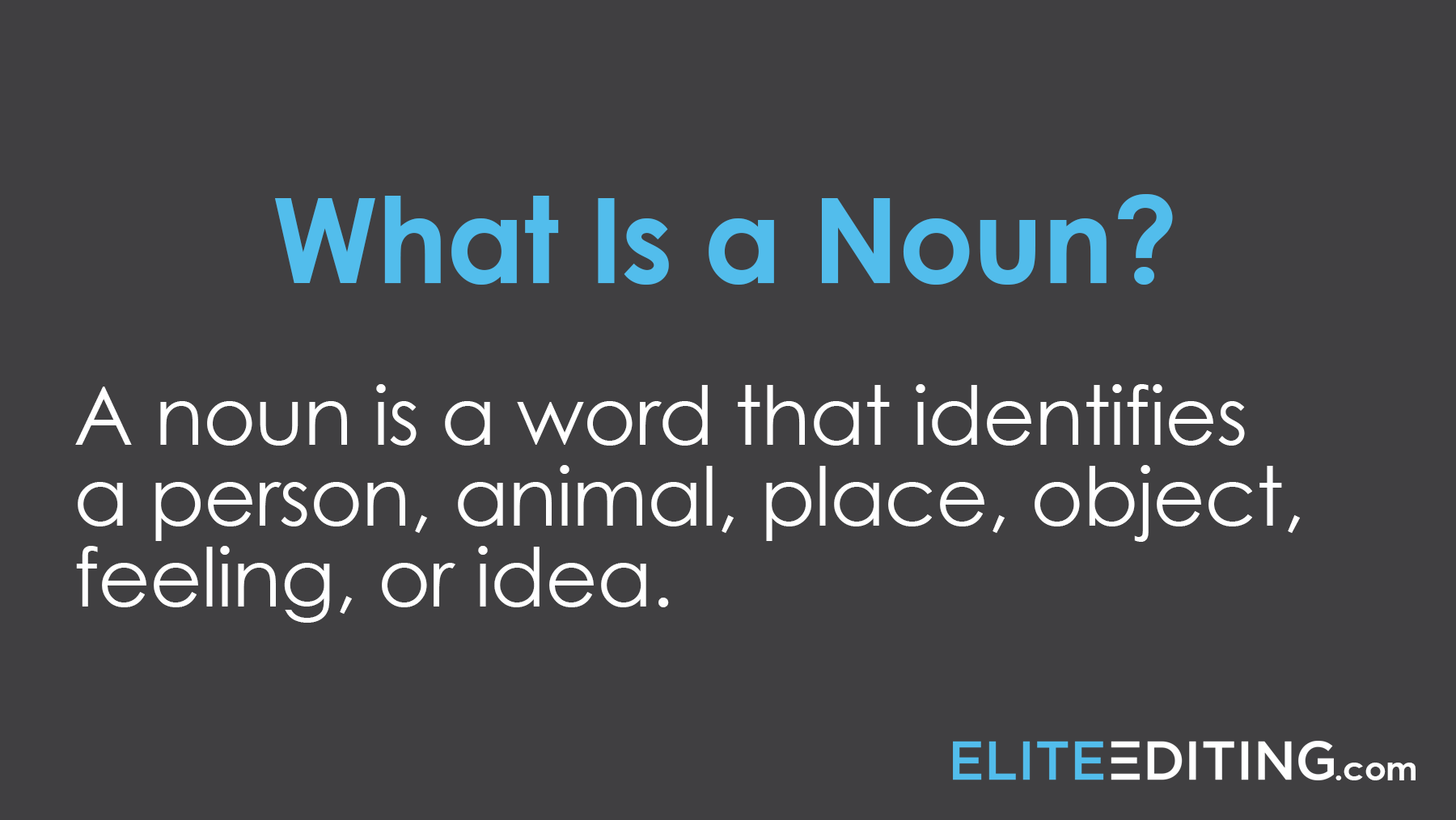When it comes to understanding grammar, one common question that often arises is whether a person can be considered a noun. In order to answer this question, it is important to first understand what a noun is and how it functions in a sentence. Nouns are words that represent a person, place, thing, or idea, and they are essential building blocks in constructing sentences.
People are often referred to as nouns in grammar because they fall under the category of “person” when it comes to classifying nouns. In this sense, a person can indeed be considered a noun. However, it is important to remember that not all nouns are people. Nouns can also represent places, things, and ideas, and they play a crucial role in expressing the subject or object of a sentence.
When identifying whether a person is being used as a noun in a sentence, it is important to look at how the word is being used within the context of the sentence. If a person’s name is being used to represent them as a specific individual, then it is functioning as a proper noun. For example, in the sentence “John went to the store,” the name “John” is a proper noun representing a specific person.
On the other hand, if a person is being referred to in a general sense, such as “The man walked down the street,” then the word “man” is functioning as a common noun. Common nouns are more general terms that do not refer to specific individuals. In this case, “man” is used to represent any person of the male gender.
Overall, the classification of a person as a noun ultimately depends on how the word is being used within the context of a sentence. Whether it is a proper noun representing a specific individual or a common noun representing a more general concept, people can indeed be categorized as nouns in the realm of grammar.
In conclusion, while the question of whether a person is a noun may seem straightforward, it is important to consider the nuances of how nouns function within a sentence. By understanding the different types of nouns and how they are used to represent people, places, things, and ideas, we can gain a deeper appreciation for the role that nouns play in the structure of language.
